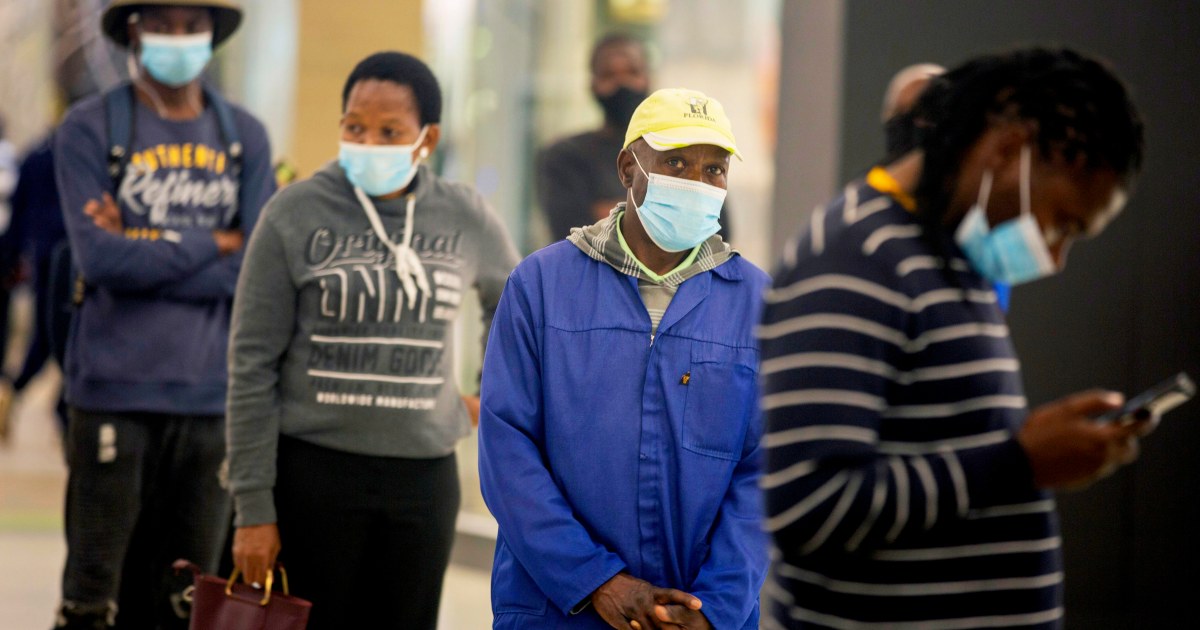
LONDON — Countries across the world rushed Friday to identify potential cases and halt travel from southern Africa where a new variant of Covid-19 emerged as a sudden source of global alarm.
Identified earlier this week and known as B.1.1.529, it has been designated a “variant of concern” or VOC and named “omicron,” the World Health Organization said in a statement Friday. The body uses a Greek-letter system to name new strains of the virus.
“This variant has a large number of mutations, some of which are concerning,” the statement added. “Preliminary evidence suggests an increased risk of reinfection with this variant.”
As cases were confirmed in Asia and Europe, stocks tumbled on fears of another pandemic setback, and the U.S. woke up the day after Thanksgiving to the possibility of a more uncertain holiday period ahead.
Wall Street opened sharply lower, with the Dow closing at more than 900 points down. Oil prices and airline shares plunged, while major stock indexes also fell in Europe and Asia.
Scientists are still learning about the variant, which was first identified earlier this week in South Africa and Botswana.
In response to the news, the U.S. announced Friday that it will restrict travel from South Africa and seven other countries, effective Monday, according to a senior Biden administration official.
The policy, senior administration officials said, “was implemented out of an abundance of caution,” and after advice from the Centers for Disease Control and Prevention and President Joe Biden’s chief medical adviser, Dr. Anthony Fauci.
Fauci told CNN that federal health officials would hold discussions on Friday with their South African counterparts and that there was no indication at this stage the new variant was already in the country, but that it was possible.
“We want to find out scientist-to-scientist exactly what is going on,” he said. “It’s something that in real time we’re learning more and more about.”
The U.K. said late Thursday it was banning all direct flights from six African countries: South Africa, Botswana, Lesotho, Eswatini, Zimbabwe and Namibia.
Israel, Singapore, Japan also quickly announced travel restrictions from parts of the African continent, while the European Union’s executive agreed to a similar suspension of air travel from countries in southern Africa. The 27-member bloc is already battling its own growing Covid crisis.
U.K. Health Secretary Sajid Javid told lawmakers that mutations may have made the new variant more transmissible than the delta variant, which is currently dominant, and could render vaccines less effective.
“This is the most significant variant we have encountered to date and urgent research is underway to learn more about its transmissibility, severity and vaccine-susceptibility,” said Dr. Jenny Harries, chief executive of the U.K. Health Security Agency.
While the extent of its spread has yet to be determined a few cases have been confirmed beyond Africa.
The Hong Kong government said Thursday that it had detected two cases, while Belgium became the first E.U. country to announce a case of the variant on Friday.
Israel also said it had identified a case in a traveler returning from Malawi, with two other suspected cases placed in isolation. “We are currently on the verge of a state of emergency,” Prime Minister Naftali Bennett warned. “Our main principle is to act fast, strong and now.”
The WHO warned that it would take a few weeks for it to understand the impact this variant has.
“At this point, implementing travel measures is being cautioned against,” spokesperson Christian Lindmeier told a U.N. briefing in Geneva Friday, according to Reuters.
South Africa meanwhile, pushed back against the travel restrictions from the region, describing it as unjustified.
Health Minister Joe Phaahla told a media briefing that South Africa was acting with transparency and travel bans were against the norms and standards of the World Health Organization.
President Cyril Ramaphosa will convene an advisory council on Sunday to consider evidence on the variant.
The emergence of the new variant was already being felt around the world, however, where some had hoped that vaccination campaigns could mean a 2022 largely free of the restrictions and anxiety that dominated the past two years.
Global vaccination rates remain uneven, with citizens of some wealthy industrialized countries already being offered booster shots while other nations struggle to inoculate their populations due in part to lack of access and public hesitancy.
The global death toll from Covid-19 topped 5 million people earlier this month.
Vivi Vitalone, Associated Press and Reuters contributed.

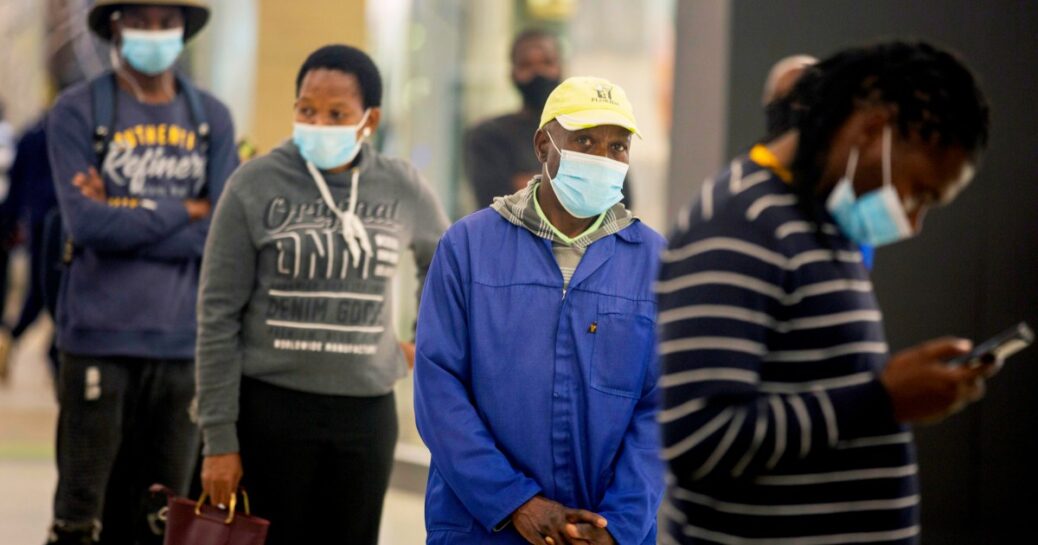

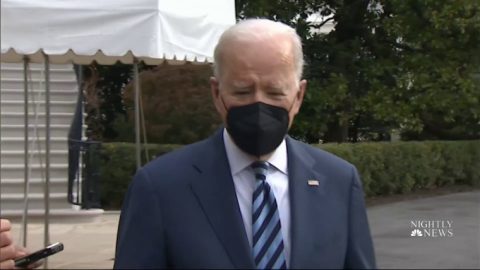

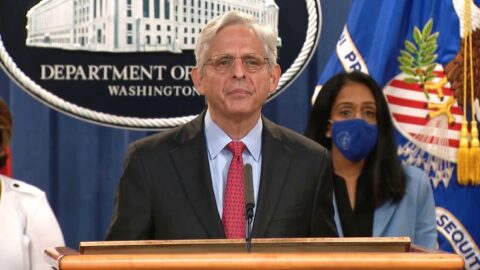



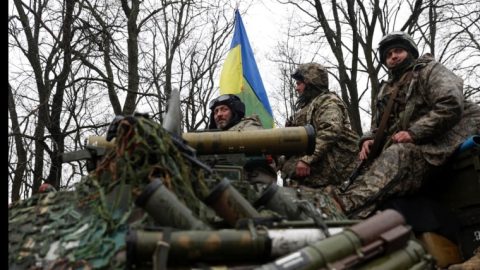
Recent Comments